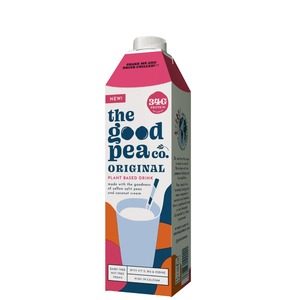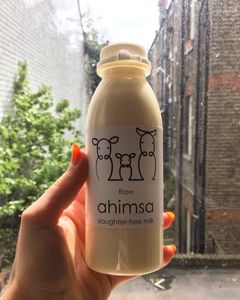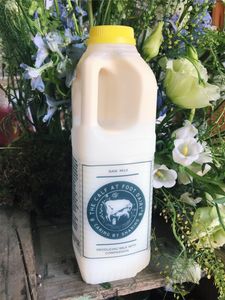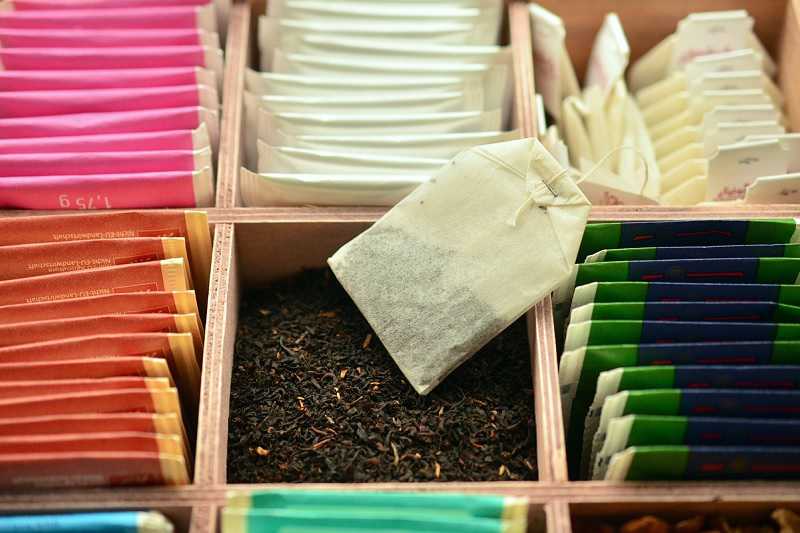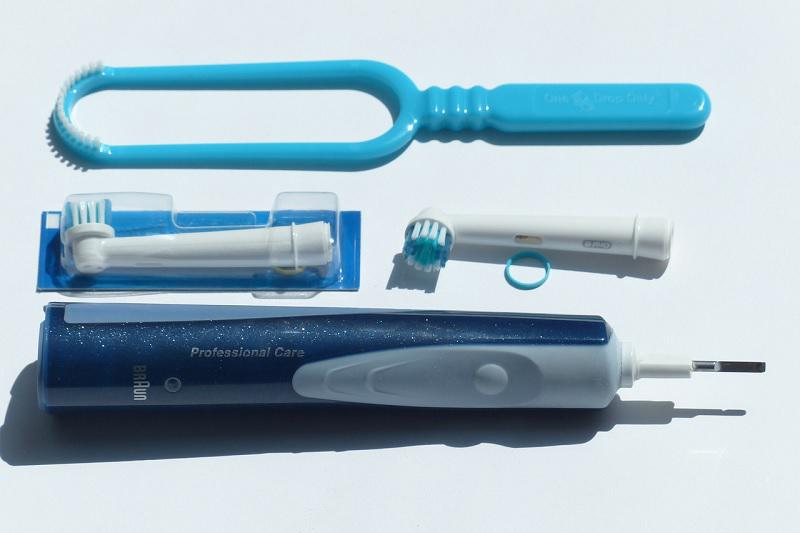In households around the world, dairy milk is a staple, but the image of cows grazing in lush green fields is far from the reality.
The attempt to meet the growing demand for dairy while maintaining cheap prices leads to poorer animal health. Intensive practices in dairy farming have led to an increase in the inherent animal welfare issues in this industry.
Table of Contents
What Is Wrong with the Dairy Farming Industry?
The increasing commercialisation of dairy farming has made the industry more and more unethical over the years. Animal welfare has suffered, and the industry also produces a lot of greenhouse gases.
Animal welfare
A continuous supply of milk requires trapping female cows in a continuous cycle of pregnancy. Female cows are artificially inseminated, often only 2-3 months after giving birth.
Newborn calves are separated from the mother sometimes only 1 hour after their birth! While female calves are raised for milk production, male calves are usually sent to slaughter for veal or raised for beef.
While cows have a natural life span of 20 years, the unethical practices in the dairy industry do not allow them to live more than 6 years on average. When a cow can no longer produce milk, they’re sent to the slaughterhouse.
Eating grain is unnatural for cows but cattle are regularly fed grain to make them produce more milk and fatten them up. Adding grain to cattle’s diets may often lead to a condition called acidosis which can ultimately lead to liver abscesses and lameness.
Carbon gootprint
Food production is responsible for 1/4th of the world’s greenhouse gas emissions. Several activities involved in the cradle-to-grave dairy supply chain contribute to climate change. These include fertilisers and fossil fuels for the production of feed and fodder, manure management, processing and distribution of milk, etc.
In 2015, the dairy industry produced over 1,700 million tonnes of CO2 which added up to 3.4% of the world’s total emissions. This means that the dairy industry’s contribution to greenhouse gas emissions is almost as much as the aviation and shipping industries combined.
With the increase in demand for dairy milk, the greenhouse gas emissions by the industry continue to increase as well.
What Is Ethical Milk?
Ethical milk should be produced keeping in mind the welfare of animals and with minimum damage to the environment. Ethics in the dairy industry are a bit contradictory though, as a more ethical treatment of animals often results in a higher carbon footprint per litre of milk.
The most ethical milk is therefore plant-based. Producing it produces less CO2, and no type of animal cruelty is involved.
Dairy requires substantially more land for production compared to plant-based milk. It also requires much more water.
Producing dairy milk is more greenhouse emission-intensive. For example, in terms of fossil fuels required, producing soy milk protein is approximately 13 times more energy-efficient than organic dairy protein.
There are many types of plant-based milk that have been growing in popularity – coconut, hazelnut, hemp, oat, macadamia, etc.
Any plant-based milk is better for the environment compared to dairy milk. However, different plant-based options also differ in terms of the amount of land required, irrigation needed, etc. so it’s important to choose wisely between them too.
We urge you to shift to plant-based milk to lower your carbon footprint. However, plant-based milk can differ from dairy milk in nutritional values so we suggest you select the type of plant-based milk that suits you the most after some thinking over it.
| Milk (per 100ml) | Kcal | Protein (g) | Fat (g) | Carbohydrate (g) | Calcium (mg) |
|---|---|---|---|---|---|
| Semi skimmed cow's milk | 48 | 3.5 | 1.7 | 4.7 | 120 |
| Almond milk | 13 | 0.4 | 1.1 | 3 | 124 |
| Cashew milk | 23 | 0.5 | 1.1 | 2.6 | 9 |
| Coconut milk | 19 | 0.1 | 1.9 | 0.4 | 16.2 |
| Hazelnut milk | 29 | 0.4 | 1.6 | 3.1 | 114 |
| Hemp milk | 35 | 2 | 3.1 | 0.5 | 220 |
| Macadamia milk | 27 | 0.4 | 2.1 | 0.5 | 40 |
| Oat milk | 51 | 1.3 | 2.1 | 6.8 | 120 |
| Rice milk | 51 | 0.4 | 1.1 | 9.7 | 118 |
| Soya milk | 33 | 3.4 | 1.9 | 0.2 | 125 |
| Pea milk | 29 | 3.3 | 1.9 | 0 | 187-241 |
| Potato milk | 39 | 1.3 | 1.5 | 4.4 | 120 |
https://www.myprotein.co.in/blog/nutrition/best-plant-based-milk/
https://www.healthline.com/nutrition/ripple-milk#TOC_TITLE_HDR_3
https://www.eatingwell.com/article/7945593/what-is-potato-milk-and-is-it-healthy/
Where to buy the Best Ethical Plant-based Milk in the UK
We have included the best brands that you can buy different types of ethical plant-based milk from in the UK below. We have not included rice and almond milk in this list because these require high amounts of water to produce (although still lesser than dairy milk).
1. Good Hemp
Good Hemp was born 20 years ago with a vision help to create a world of sustainable food and drinks. They sell all things hemp, from seed milk and oil to apparel.
They have 3 types of milk: hemp seed milk, oat+hemp milk and a special barista seed milk for some amazing flat whites and lattes.
75% of the planet’s land is degraded, and so, regeneration of soil is an urgent need. Growing hemp is a sustainable crop that grows easily without pesticides or herbicides. Hemp also naturally nourishes soil, grows fast, and is more efficient in absorbing CO2. Moreover, all parts of the plant can be used in different ways, nothing goes to waste.
2. The Good Pea Co.
The Good Pea wishes to inspire a healthier world by making milk from yellow split peas and coconut cream. Peas are an environment-friendly choice for milk as they’re easy to grow, use substantially less water and have a smaller carbon footprint compared to cow’s milk.
Plants need abundant nitrogen to grow, but they don’t get all of it from the soil so nitrogen-rich fertilizers are used. Yellow peas produce nitrogen naturally. Not only do they mostly fulfil their own requirements, but they also leave the soil richer for other plants grown after it. Moreover, there is a reduction in commercial fertilizer runoff, keeping waterways, lakes and rivers cleaner.
Peas are naturally high in protein and fibre and low in calories. They have two milk flavours – original and barista.
3. DUG Drinks
DUG is a Swedish brand developing innovative ways to harness the power of potatoes. They make potato milk in 3 flavours – original, unsweetened and barista.
Potato is one of the most sustainable foods and they can grow almost anywhere (even in space!). Potatoes require only 50% of the land required for oats for the same produce. Switching to potato milk can reduce your carbon footprint substantially, while one glass (250ml) of dairy milk produces 0.8 kg of CO2 emissions, one glass of potato milk produces just 0.67 kg of Co2.
The method of making potato milk is not simple. DUG follows a process of the emulsion of potatoes and rapeseed oil which it has patented.
DUG currently sells in Waitrose and Holland & Barrett stores all over the UK. You can also find them online on Ocado and Amazon.
4. Minor Figures
Minor Figures is a carbon-neutral company producing oat milk and speciality coffee. The company initially started by producing cold brew but when their head product tester James decided to go vegan, Minor Figures adopted a sustainability mission, became 100% vegan and is now also registered as a B-corp.
They sell organic, light and regular oat milk made in the UK. Their milk is specifically great for coffee. It is split-free and has a silky, micro-foam when steamed.
Oat milk is environmentally friendly when compared to dairy milk. It requires less water compared to almond milk but the average carbon emissions are similar, it also requires more land than some plant-based kinds of milk.
Where to Buy Ethical Cow’s Milk in the UK
Although we recommend plant-based milk as the most ethical, we have listed a few dairy farms below which also provide ethical milk in terms of animal welfare and/or energy efficiency.
1. Ahimsa Milk
Ahimsa means ‘non-violence’ in Sanskrit. In an industry where cows are inhumanly treated as milk-producing and money-making machines, Ahimsa Dairy Foundation is a non-profit providing slaughter-free, ethical dairy milk.
Ahimsa Foundation never kills a cow, does away with artificial insemination, allows calves suckle to from their mothers until weaned, milks cows by hand, and even allots oxen some meaningful work such as ploughing the land.
Ahimsa does not brand or label the cows. They even rescue male calves from commercial dairies.
When the cows are past their milking age, they retire and spend their lives eating grass and chewing the cud. Environmental enthusiasts debate that this model is harmful to the environment due to the carbon footprint per litre of milk which increases as the cows are not slaughtered and allowed to live out their lives even after their milking age.
They have a small self-sustaining farm and so do not produce a lot of milk. They distribute to the door in North West London and parts of Hertfordshire and have a substantial wait list for customers. So you can expect to wait a bit before you are allotted a subscription from them.
On Sundays, you can buy their milk from the Queens Park London Farmers’ markets. You can also choose to sponsor their cows.
Due to additional costs, their milk is expensive compared to other brands.
2. Simple Cow
When Ollie, a dairy farmer, met his girlfriend, a vegetarian animal rights activist, he decided to find a way to keep calves with cows and still make his farm financially viable.
Ollie has observed that after moving away from traditional, volume-oriented production, the cattle are calm, confident and content.
They have a mixed breed herd which results in the herd having a mellow nature. Their cows are completely grass-fed and enjoy at least 300 days a year in the outdoors.
They farm as naturally as possible without using regular and unnecessary medicines for the cows. Their grazing techniques are designed to enable the building of soil structure and organic matter. Moreover, they have wind turbines and solar panels which produce more energy than they require.
Simple Cow is proud to produce compassionate milk. You can buy their milk instantly from their milkstations in Chilcompton and Bath.
3. The Calf at Foot Dairy
Calf at Foot is an ethical micro-dairy based in Gt Brington, Northampton. It is a part of the project Keeping Cow with Calf. They firmly believe in keeping animal welfare above profit and producing milk with compassion.
Their Jersey cows are 100% grass-fed and produce creamy milk. You can buy their raw milk all over the UK via mail order or you may buy it directly from the farm (24/7).
Although they are not certified organic, they purely and strictly follow high standards. They were one of the first dairies to adopt this model where cows and calves are kept together.
The cows and calves are separated gradually over a period of 4-5 months. Cows are milked just once a day and give birth once in 2 years, while in a commercial dairy farm, cows give birth once a year.
When the cows get older, they retire and live alongside the rest of the herd. They do not sell live animals to farms or traders. They also don’t sell young animals into the cull cow trade.
They take their beef animals to the local abattoir themselves and ensure that the process is as stress and pain-free as possible.
Conclusion
We recommend switching dairy milk for hemp milk from Good Hemp, as it is one of the most ethical and sustainable options for the environment.
Transitioning to plant-based milk can improve the health of our planet. However, if you are finding it difficult to switch from dairy to plant-based, we recommend Ahimsa Milk as it is the most ethical in terms of animal welfare, or Simple Cow because it is sustainable in terms of energy along with having a cow with calf policy.
If these are not accessible to your area, you may consider buying from a farm which is registered with Cow Calf Dairies.

Anahita is a Yoga Instructor and Content Creator who is determined to help each individual shift to a healthier and eco-friendly lifestyle.

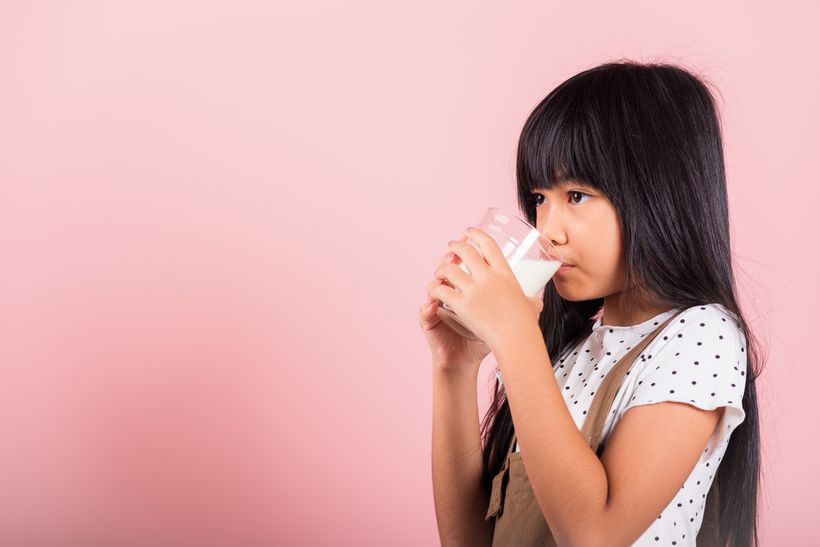
![Good Hemp Light and Tasty Sugar Free Seed Milk [Pack of 6] Plant Based Sugar Free and Dairy Free | Vegan Good Hemp Light and Tasty Sugar Free Seed Milk [Pack of 6] Plant Based Sugar Free and Dairy Free | Vegan](https://m.media-amazon.com/images/I/517eWavtS0L._SL160_.jpg)
